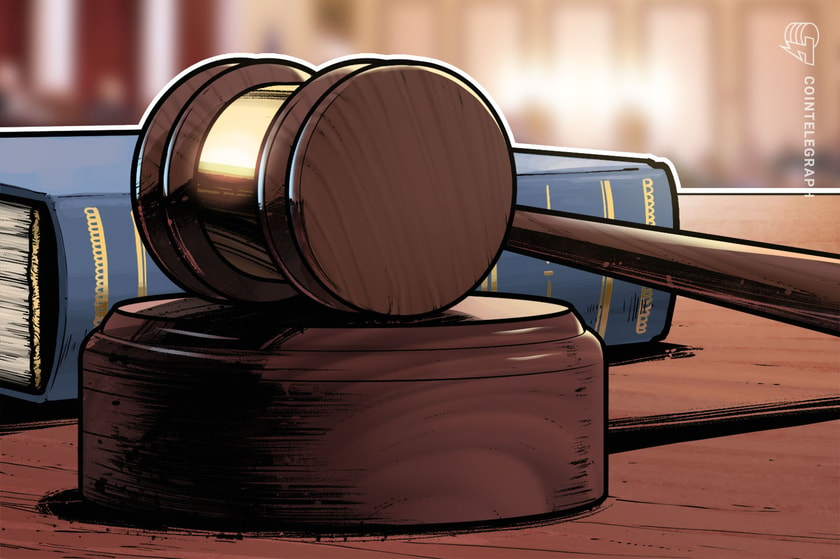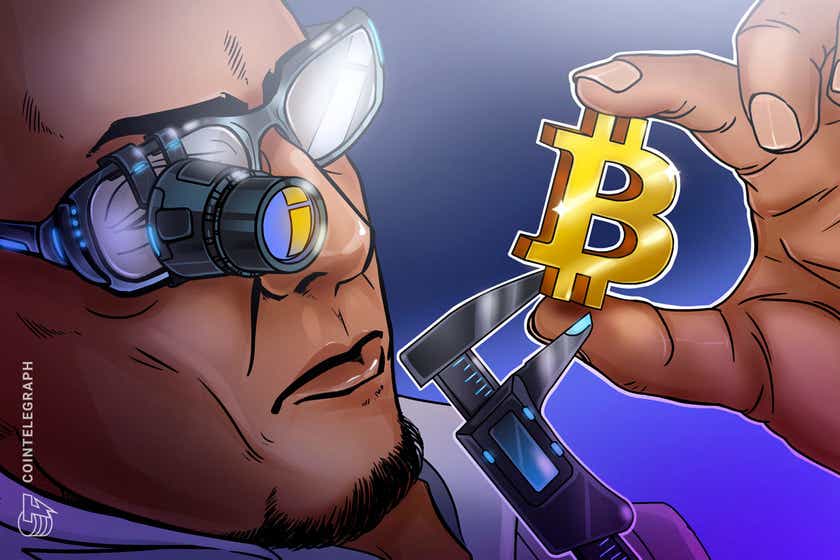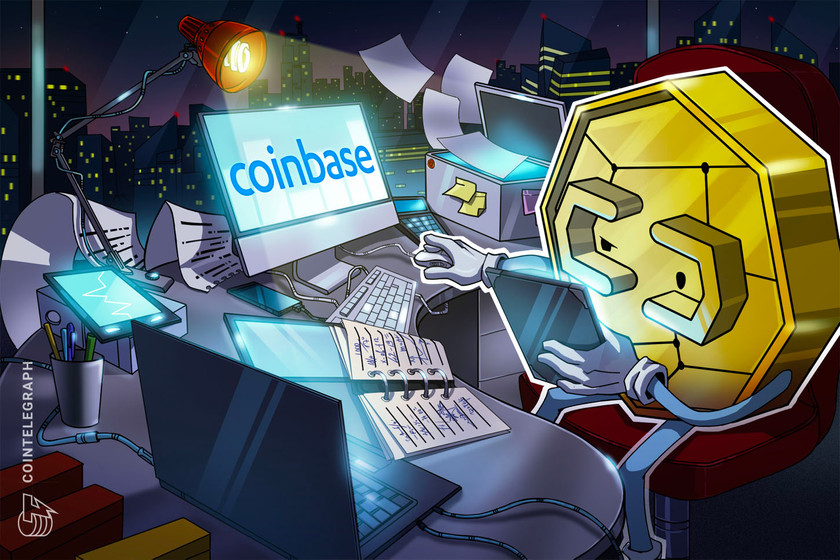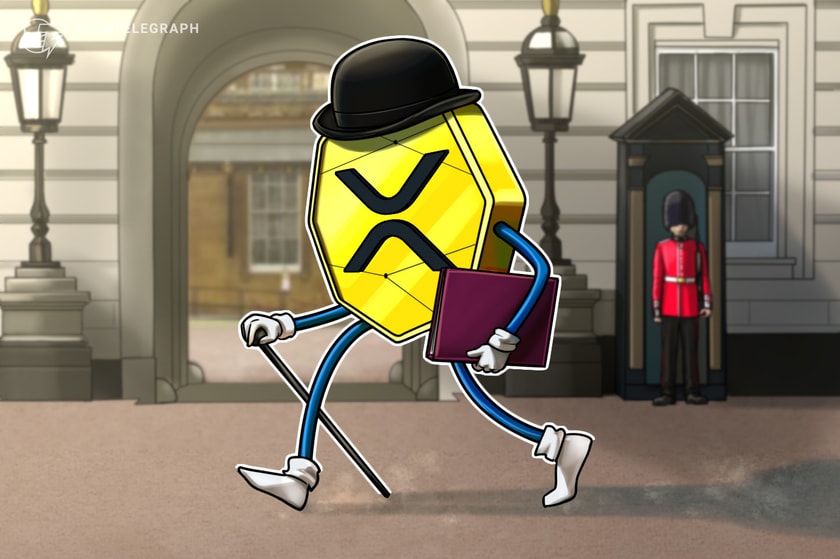Umami Labs founder: DAOs aren’t always the answer
As the decentralized finance (DeFi) ecosystem grows in size and influence, the question of how to best govern DeFi protocols has taken center stage. In crypto-native circles, decentralized autonomous organizations (DAOs) are far and away the most popular governance structures.
DAOs are often touted as an all-in-one fix for everything from investor-manager alignment to regulatory risk. However, as a spate of well-publicized internal disputes and regulatory crackdowns has shown, DAO governance is not a panacea.
Blockchain technology, especially trustless smart contracts and distributed ledgers, has created an unprecedented opportunity to build a more transparent financial system, with fewer centralized intermediaries. However, these technologies are still nascent. They should be used to complement — not replace — traditional legal structures.
When it comes to safeguarding investors, there is simply no substitute for traditional legal entities and investor protection regulations.
The problem with current DAO models
Although DAOs purport to be decentralized and autonomous, the vast majority of them are virtually identical to conventional technology startups, with founders, investors, product roadmaps and go-to-market strategies.
The main difference between DAOs and traditional businesses is that DAOs, by and large, do not operate within established legal frameworks. Many DAOs are effectively unincorporated associations. The remainder usually opt for relatively exotic, untested legal structures, which confer few, if any, legal rights to stakeholders.
Related: Elizabeth Warren is pushing the Senate to ban your crypto wallet
That’s bad news for investors and users, who are left with little to no recourse if something goes wrong. It’s also a problem for regulators, which has resulted in DAOs facing critical regulatory issues. This includes taxation of DAO tokens, treasuries, and investments, implementation of Anti-Money Laundering (AML) rules and Combating the Financing of Terrorism policies, as well as foundational questions of ownership, control and accountability.
Recently, DAO decision-making has drawn particular interest from the legal system, with concerning consequences for investors. In two recent court cases in the United States involving bZx DAO and Ooki DAO, officials took the stance that as governing members of a DAO, tokenholders themselves may be personally liable for legal infractions or negligence by a DeFi protocol’s core team.
As an industry, DeFi must do a better job of upholding the rights of users and tokenholders. Multiple regulatory pathways exist, both globally and within the United States, that offer important protections for investors, as well as considerable flexibility to DeFi protocols.
DAOs have potential that hasn’t been realized
While the current model of DAO governance is flawed, the underlying technology still holds vast potential. In fact, decentralized blockchain technology can be a powerful complement to traditional investor-protection regulations.
For example, trustless smart contracts and self-custodied “receipt” tokens have the potential to render many forms of mismanagement and malfeasance by asset managers virtually impossible. Similarly, decentralized oracles can ensure investors always have access to unbiased, up-to-date data on performance, thus greatly diminishing the scope for fraud.

At the same time, blockchain technologies such as zero-knowledge identify-proofs promise to ease the burden of regulatory compliance for DeFi applications while protecting users’ privacy and anonymity. With unique cryptographic proof, users can complete in-app Know Your Customer (KYC) and AML checks almost instantly without ever disclosing their personal information.
For all its flaws, on-chain governance has the potential to enable value-enhancing participation and guarantees that investor resolutions are truly binding. The only missing link preventing this technology from reaching its full potential is legal compliance.
Hybrid models can work
As with most emerging technologies, there is currently a lack of oversight regarding DAO regulation. However, the novelty of both blockchain and DAOs does not erode the need for regulatory compliance. If anything, it heightens it.
The need for proactive legal compliance in DeFi has never been more urgent. Regulatory institutions are cracking down on DAOs more than ever. A recent example of this is the Sushi DAO debacle, whereby the Securities and Exchange Commission issued a subpoena to the platform. The SEC indicated it was investigating potential securities law violations, including selling tokens that may be considered securities without proper registration.
Related: OpenAI needs a DAO to manage ChatGPT
DeFi protocols need to reconsider the DAO model. For protocols with securities-like governance tokens, the best option may be abandoning the DAO structure altogether. In the United States, established legal entities such as private funds may offer protocols considerable flexibility while clarifying and strengthening legal protections for tokenholders.
Similarly, DeFi protocols should consider housing their full-time core teams within registered limited liability companies, or their equivalent in jurisdictions outside the United States. Corporate structures are critical for protecting team members from personal liability and building effective, streamlined organizations.
DAOs have the potential to make a huge difference in both Web3 and mainstream businesses. The solution is not pitting decentralized and traditional finance against each other as adversaries — it’s integrating the strengths of both.
Alex O’Donnell is the founder and CEO of Umami Labs and worked as an early contributor to Umami DAO. Prior to Umami Labs, he worked for seven years as a financial journalist at Reuters, where he covered M&A and IPOs.
This article is for general information purposes and is not intended to be and should not be taken as legal or investment advice. The views, thoughts and opinions expressed here are the author’s alone and do not necessarily reflect or represent the views and opinions of Cointelegraph.









